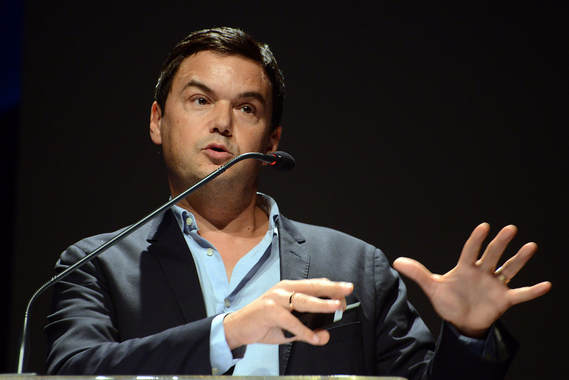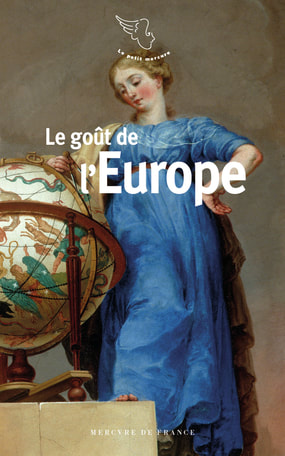|
The Manifesto for the Democratisation of Europe, promoted by economist Thomas Piketty and recently published in several European newspapers, is a welcome contribution to the debate on EU democratisation. Instead of waiting for elected officials to propose reforms, the citizens who signed this manifesto have decided to put an ambitious project on the table to launch a Europe-wide public debate. This is exactly the kind of bottom-up initiative that the EU needs today. Does this project respond to the aim of democratising Europe? Unfortunately, not really. Piketty’s manifesto proposes the creation of a new Assembly, constituted of members of national parliaments (80%) and members of the European Parliament (20%). This Assembly would have the power to vote for a budget financed by several EU-level taxes.
At a time when citizens are increasingly expressing their distrust in their elected officials, creating an Assembly that would be elected, not by citizens, but by parliaments, would represent a step backwards. All over Europe, citizens’ movements are demanding more direct democracy; indirect election is not the solution. An indirectly elected Assembly would also face practical issues. Such an Assembly would be very similar to the European Parliament before 1979, when it was elected by national parliaments. Members of the European Parliament who were, at the same time, members of their national parliaments often complained that they were constantly commuting between two parliaments and that they did not have enough time to take their European job seriously. Allowing them to become full-time specialists in European affairs was among the key motivations behind the switch to direct election. The central assumption of the authors of the Manifesto for the Democratisation of Europe is that sending members of national parliaments to a European Assembly would make national parliamentary elections become de facto ‘European elections.’ The problem is that, today, even elections to the European Parliament are not real ‘European elections,’ and are dominated by national platforms. This would be even more true of a European Assembly that relies on national parliaments. The very indirect nature of citizens’ influence on EU policies is actually one of the major sources of the EU democratic crisis. Both the national executives represented in the EU Council and the members of the European Parliament are elected on the basis of national campaigns, led by national parties promoting national platforms. When they negotiate in Brussels, they enter into a diplomatic logic, seeking compromises that facilitate convergence among member states and parties but tending to disconnect them from citizens. Decisions thus adopted often reflect elitist and depoliticised consensus, not popular mandates. This logic would likely be replicated in the Assembly promoted by the Manifesto for the Democratisation of Europe. This is not to say that such an Assembly would be completely useless. It would certainly be a catalyst for the European socialisation of members of national parliaments, but it would fall short of democratising the EU. What the EU actually needs is a more direct link between citizens and EU decisions. For example, the direct election of the 27 European Commissioners, through general ticket representation, would create a genuine European popular mandate. An EU-level majority would be built by citizens themselves, through their votes, not by elites through confidential negotiations. The question of EU democratisation is one of the most important issues of our time. The debate is only just beginning. Comments are closed.
|
My name is Pierre Haroche and I am a specialist in European integration and European security.
In this blog I present my thoughts on EU democracy, defence and identity. If you are interested in my proposals, do not hesitate to get in touch! |
Proudly powered by Weebly




